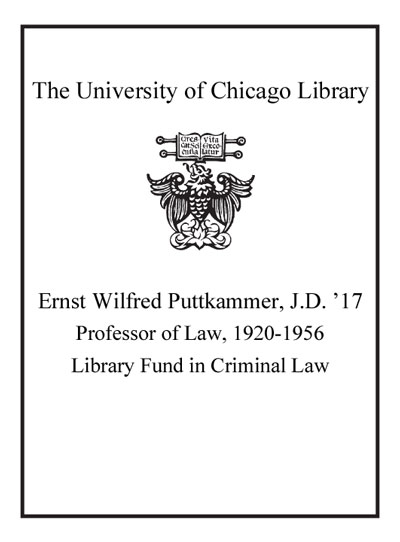Review by Choice Review
As a psychologist with family members who have committed suicide, Joiner (Florida State Univ.) expounds on the interpersonal theory of suicide and posits that extensions of suicide exist in various other forms, from murder-suicide, spree killing, and suicide by cop to suicide terrorism. His goal is to prevent future suicidal deaths, and he praises rational thought about suicide unclouded by emotional immersion. Analysis of cases and anecdotes supports his concepts, but one wishes for rigorous, scientific controlled studies examining these hypotheses. In varieties of suicide he finds histories of parasuicide. Physician-assisted suicide may be covert suicide with suicidal underpinnings. Evaluations of assisted suicide requests need to include an analysis of suicidal precursors. Before falling from considerable heights, suicidal jumpers cite similar reactions: a profound slowing of time, extremely vivid perceptions, rapidity of thought, feelings of peace and serenity, and no physical pain, or what psychologist Edwin Shneidman called tunnel vision. Those who accidentally fell from the Golden Gate Bridge reported feeling fear and anxiety. Joiner argues that lumping together those who "died by suicide" and those who "attempted suicide and survived" ignores individual differences and suggests we have much to learn from the will to live among suicide attempters (p. 178). Summing Up: Recommended. General readers through faculty. --Sharon M Valente, independent scholar
Copyright American Library Association, used with permission.
Review by Choice Review

